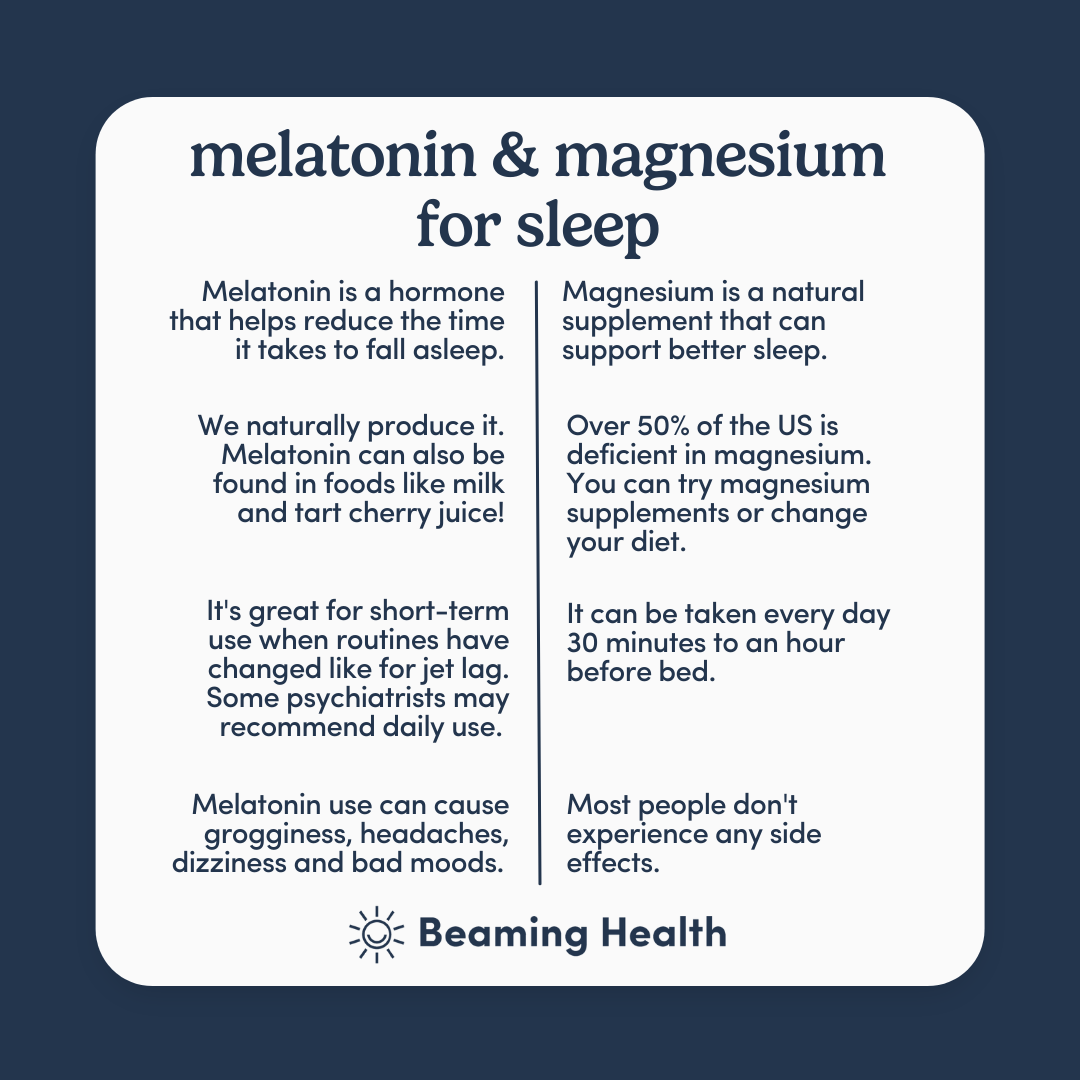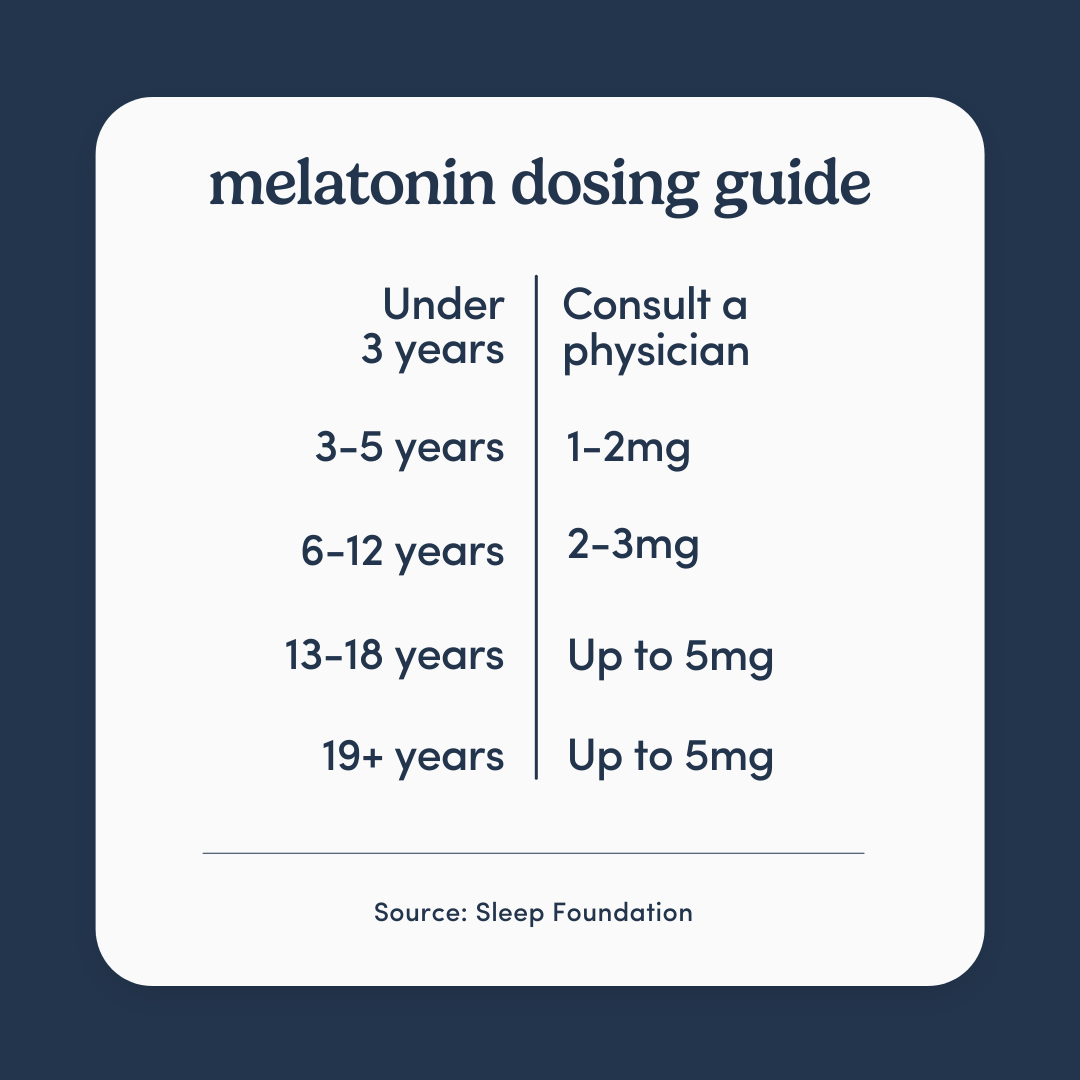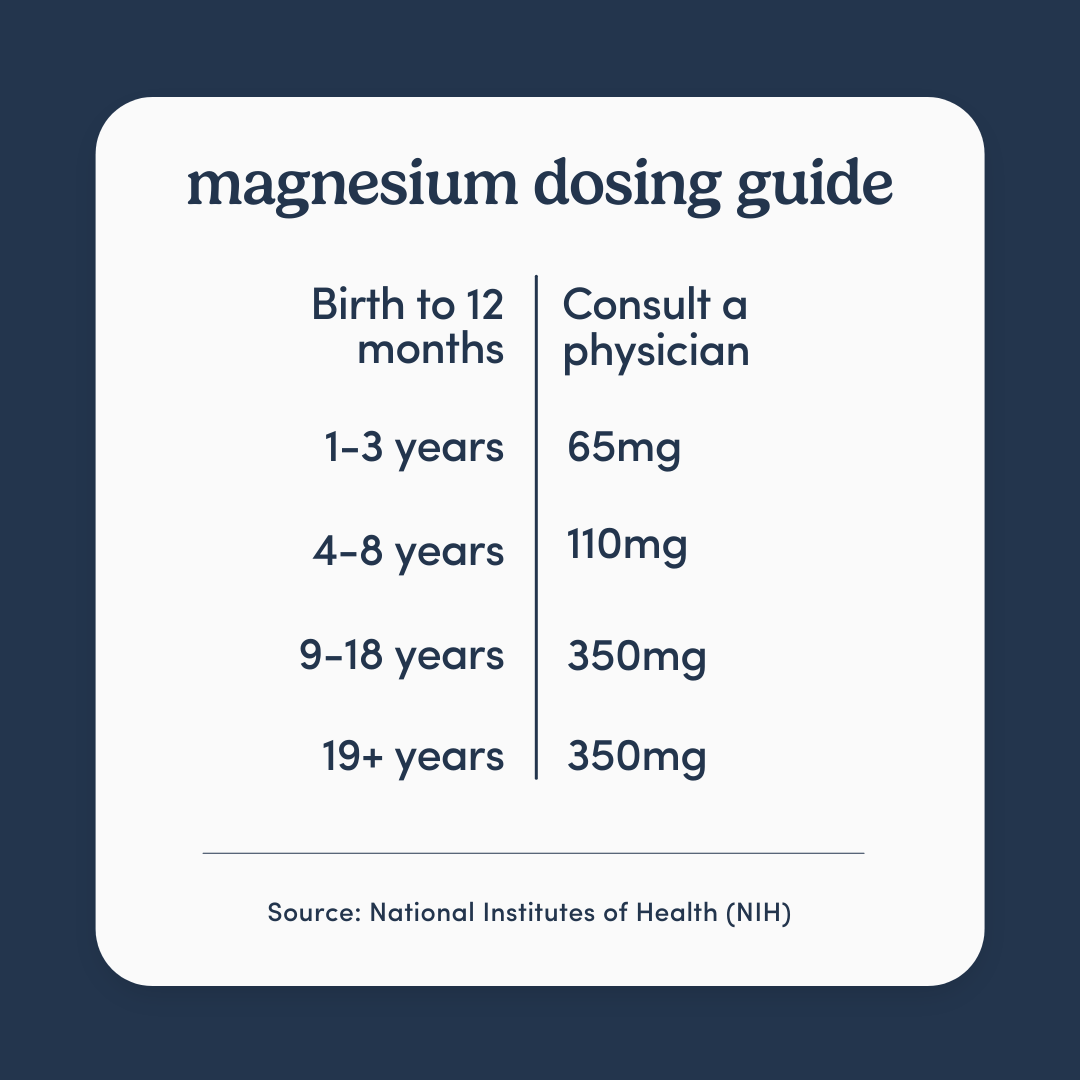Autism medication: Common medications for autistic kids
Updated: February 16, 2024 · 12 Minute Read

Reviewed by:
Suzanne Goh, MD, BCBA, Cortica Co-Founder and Chief Medical Officer
Highlights
- Not all autistic children need medication, but many autistic children benefit from medications to address unique needs such as anxiety, depression, or sleep challenges.
- Other common medications prescribed for autistic children can help with irritability, inattention, hyperactivity, and seizures.
- If your child starts taking prescription medications, watch out for side effects such as headaches, insomnia, increased appetite, and rapid weight gain.
- CBD is growing in popularity for older autistic kids and adults. Early research shows how CBD supports the system in our bodies that manage our sleep, appetite, mood, and memory.
Autism medication is an important topic for autism families. Families have been asking us for a medication guide since we started Beaming Health. Finding the best expert to review this controversial topic took some time and we are grateful to have found Dr. Goh from Cortica (read more about the process and why we decided to work with Dr. Goh at the end of this article). We also collaborated with parents, therapists, and community members on research for this guide so that you can feel more prepared and at ease when exploring medications as an option for your child.
Do autistic children need medication?
There are no medications specifically created for autism. Some autistic children, however, may benefit from medication to support general health concerns such as sleep challenges and other neurodevelopmental differences. Studies show up to 95% of children with autism have one or more other medical or psychiatric diagnoses, such as ADHD and epilepsy.¹
Common diagnoses that co-occur with autism include:
- Anxiety
- Attention deficit hyperactivity disorder (ADHD)
- Depression
- Sleep challenges
- Epilepsy
- Gastrointestinal (GI) disorders
With the challenges that these co-occurring diagnoses present, many families consider including medications as one part of their child’s care. For example, families may use medications to support their child’s irritability, hyperactivity, sleep difficulty, and other disabilities.
Note: Medical professionals may use the term “comorbid symptoms” or “comorbid conditions.” These terms refer to conditions that co-occur with autism. For example, “comorbid symptoms” of autism could be difficulty focusing (inattention) or sleep disturbance. If you are uncomfortable with this language, you can communicate these concerns to your child’s provider. If your provider does not address your concerns, continue advocating for your child, or find a more neurodiversity-affirming provider.
When does an autistic child need medication?
Medications may be recommended if medical or mental health needs interfere with your child’s quality of life. Many autistic kids, for example, struggle to fall and stay asleep at night. Some start showing aggression at home or school due to a lack of quality sleep. In that case, they may benefit from medication or supplements to improve their sleep.
Typically, children do not take medication in isolation without other support. Often, medication is used in conjunction with other therapies, such as applied behavior analysis (ABA), occupational therapy (OT), and cognitive behavioral therapy (CBT). These decisions are best made with your child’s pediatrician, neurologist, psychiatrist, or other medical professionals.
What medications are beneficial for autistic children?
Not all autistic children need medication. However, several medications are commonly prescribed to children with autism, depending on the support the child needs:
Medication for inattention, hyperactivity, and impulsivity
Inattention, hyperactivity, and impulsivity are core characteristics of attention deficit hyperactivity disorder (ADHD). Many autistic people also have ADHD. If your child needs extra support in these areas, you may consider adding medication to your child’s care.
Stimulants are a class of medication that can increase energy and alertness. One common type of stimulant is caffeine, which many people consume in coffee, chocolate, and other sources. In a neurodivergent brain, such as that of people with autism and ADHD, stimulants can have a leveling effect. This leveling effect reduces hyperactivity and impulsivity and increases focus.
Stimulants prescribed may include:
- Focalin
- Adderall
- Vyvanse
- Concerta
Alpha agonists are a medication class that directly affects the sympathetic nervous system. These medications are sometimes taken to treat hypertension and other cardiovascular conditions. However, they are also shown to improve attention and reduce hyperactivity. Alpha agonists can also be used to treat sleep difficulties and tics.3
Commonly prescribed alpha agonists include:
- Clonidine
- Guanfacine
Watch out for side effects. Alpha agonists have several potential side effects which include drowsiness, headaches, irritability, dry mouth, and low blood pressure. Some parents have reported personality changes associated with medications. Overmedication is possible. Doses need to be changed based on the child’s weight and reaction to the medication. Before agreeing to new medication, discuss side effects and concerns with your child’s doctor.
Medication for sleep challenges
Sleep difficulties are common in autistic children. Insomnia, night terrors, and circadian rhythm disturbances are more common in those with autism compared to the general population.
Alpha agonists can treat sleep disorders such as insomnia and nighttime wakefulness. These medications are commonly used to treat attention deficits and hyperactivity (see the above section on medication for inattention, hyperactivity, and impulsivity). They can also help children who experience sleep difficulties. Alpha agonists are often one of the first tried medications.³
Non-prescription medication for sleep challenges
There are over-the-counter sleep supplements that don’t require a prescription. Talk with your child’s doctor before starting them on any new supplements.

Melatonin supplements are also commonly given to autistic children who have trouble falling asleep. Melatonin is a hormone that helps initiate sleep. However, one drawback is that melatonin does not help children stay asleep.
Melatonin is most commonly recommended for short-term use. Melatonin can be especially helpful when routines have changed, making falling asleep more difficult. There are some potential side effects of melatonin, such as grogginess, headaches, and low moods.
Doctors typically recommend taking melatonin at the lowest dosage necessary to support your child’s sleep. Most children can start at 0.5 or 1 mg and gradually increase if lower doses are ineffective.

Magnesium is another natural supplement that can support your child’s sleep schedule. Roughly half of Americans don’t get enough magnesium in their diet. As a natural mineral, magnesium is responsible for many processes in our bodies — including sleep! Magnesium supplements can improve sleep, gastrointestinal challenges, and other medical and well-being concerns. Magnesium supplements’ risk of side effects is low when taken at your physician’s recommended dosage. However, high doses of magnesium may cause nausea, abdominal cramping, and diarrhea. Magnesium is typically safe for occasional or daily use. It is recommended to take magnesium 30 minutes to 1 hour before bed.

Medication for anxiety and depression
Anxiety and depression can magnify other needs, such as communication challenges and repetitive behaviors. Autistic kids who also experience anxiety or depression might take an antidepressant to address these needs.3
Medication prescribed for depression and anxiety may include:
- Prozac
- Zoloft
- Venlafaxine
- Celexa
- Lexapro
- Paxil
- Luvox
Many people have used antidepressants safely and successfully, but there is also the potential for serious side effects. Side effects include significant mood changes, decreased or increased appetite, weight fluctuations, insomnia, nausea, and headaches.9 Autistic people are also at an increased risk of suicidal thoughts and behaviors.10 Antidepressants have the potential to increase the risk of suicide. Antidepressants alone cannot help people manage their anxiety and depression. Speak with your child’s doctor about the specific side effects of any medication you are considering.
Medication for seizures
If your child experiences seizures, their medical team may prescribe anti-epileptic medications. Some research studies have found seizure activity in 30–50% of individuals with autism.⁵ Seizures occur as a result of excessive electrical activity in the brain. Anti-epileptic medications work by reducing excessive electrical activity in the neurons.
Commonly prescribed anti-epileptic medications include:
- Valproic Acid (Depakote)
- Carbamazepine (Tegretol)
- Lamotrigine (Lamictal)
- Oxcarbazepine (Trileptal)
Watch out for interactions between multiple medications as well as potential side effects. Some autistic kids are taking many different medications at once and it’s important to understand what’s safe to be taken together and what’s not safe.
Medication for irritability and aggression
Children experiencing a high level of irritability, aggression, self-harming, or other similar behaviors may benefit from medication. There are FDA-approved medications that help to reduce delusions and hallucinations, often in those with schizophrenia. Autistic children can also take these medications.
The medical community labels these drugs as “antipsychotic medications” or “neuroleptics.” The following medications may be prescribed to autistic children to help with irritability and aggression:
- Risperidone (FDA approved)
- Aripiprazole (FDA approved)
- Clozaril
- Zyprexa
- Seroquel
- Geodon
Neuroleptics carry a risk of significant side effects. These include an increased appetite and significant weight gain, tardive dyskinesia (movement disorder associated with long-term use of neuroleptic drugs), blurred vision, dry mouth, and constipation.2 Rapid weight gain with antipsychotics is typically the side effect that causes people to change meds. Some kids experience side effects, while others don’t. If you are in agreement with your child’s doctor to try the medication, monitor your child closely for any side effects and progress.
Can CBD be used to support autistic children?
While controversial still today, a growing body of research is demonstrating promising results in the use of cannabinoids (CBD) for autistic children. The use of CBD, the compounds in marijuana, has gained popularity in the last several years for the potential to treat a number of medical and mental health conditions. Research has shown reduced activity in the endocannabinoid systems (ECS) for autistic people. ECS in our bodies plays a role in sleep, appetite, mood, memory, and reproduction. This correlation suggests a possible link between low endocannabinoid activity and the neurodevelopmental differences in those with autism. This has led researchers to study the effects of supplemental CBD on autistic children.
CBD may help by:
- Reducing irritability
- Reducing hyperactivity and impulsivity
- Increasing focus
- Improving sleep quality
- Reducing epileptic seizures
- Improving behaviors such as aggression and self-injury
CBD is generally purchased over the counter. However, there is one FDA-approved version, Epidiolex, that is prescribed for the treatment of seizures.
Bottom line
What works for one autistic child may not work for another, so consider your child’s individual needs and goals. If you’d like to explore prescription medications or supplements for your child, weigh your options and concerns with your child’s medical team and create a plan. Discuss developments and side effects with your child’s doctor and adjust as needed.
Get our best articles delivered to your inbox each month.
We respect your privacy.
Dive Deeper
Article References
- Soke GN, Maenner MJ, Christensen D, Kurzius-Spencer M, Schieve LA. Prevalence of Co-occurring Medical and Behavioral Conditions/Symptoms Among 4- and 8-Year-Old Children with Autism Spectrum Disorder in Selected Areas of the United States in 2010. J Autism Dev Disord. 2018;48(8):2663-2676. doi:10.1007/s10803-018-3521-1
- Medication treatment for autism. https://www.nichd.nih.gov/. Accessed December 3, 2022. https://www.nichd.nih.gov/health/topics/autism/conditioninfo/treatments/medication-treatment
- 3. Aishworiya R, Valica T, Hagerman R, Restrepo B. An Update on Psychopharmacological Treatment of Autism Spectrum Disorder. Neurotherapeutics. Published online January 14, 2022. doi:10.1007/s13311-022-01183-1
- 4. Relia S, Ekambaram V. Pharmacological Approach to Sleep Disturbances in Autism Spectrum Disorders with Psychiatric Comorbidities: A Literature Review. Med Sci (Basel). 2018;6(4):95. Published 2018 Oct 25. doi:10.3390/medsci6040095
- 5. Buckley AW, Holmes GL. Epilepsy and Autism. Cold Spring Harb Perspect Med. 2016;6(4):a022749. Published 2016 Apr 1. doi:10.1101/cshperspect.a022749
- Carreira LD, Matias FC, Campos MG. Clinical Data on Canabinoids: Translational Research in the Treatment of Autism Spectrum Disorders. Biomedicines. 2022;10(4):796. doi:10.3390/biomedicines10040796
- Melatonin dosage for kids. Sleep Foundation. https://www.sleepfoundation.org/melatonin/melatonin-dosage-for-kids. Published August 30, 2022. Accessed December 30, 2022.
- National Institute of Health Office of Dietary Supplements. Magnesium Fact Sheet for Professionals. osd.nih.gov. Published March 29, 2021. https://ods.od.nih.gov/factsheets/Magnesium-HealthProfessional/
- Mayo Clinic. Antidepressants: Get tips to cope with side effects. Mayo Clinic. Published September 12, 2019. https://www.mayoclinic.org/diseases-conditions/depression/in-depth/antidepressants/art-20049305
- Kolves, K., Fitzgerald, C., Nordentoft, M., Wood, S. J., & Erlangsen, A. (2021). Assessment of suicidal behaviors among individuals with autism spectrum disorder in Denmark. JAMA Network Open, 4(1), e2033565. doi:10.1001/jamanetworkopen.2020.33565













